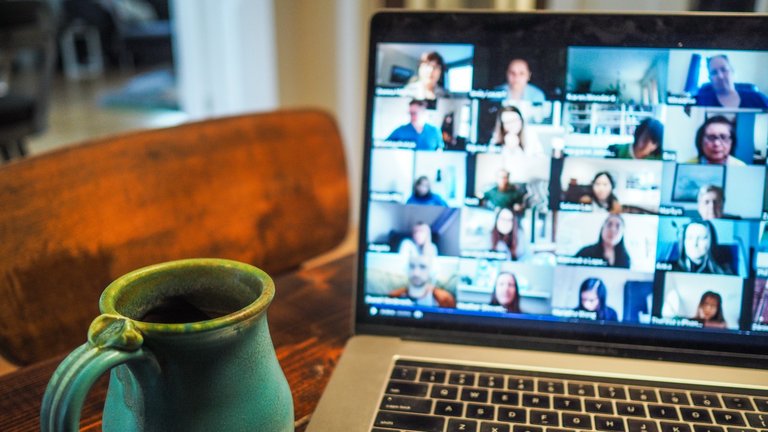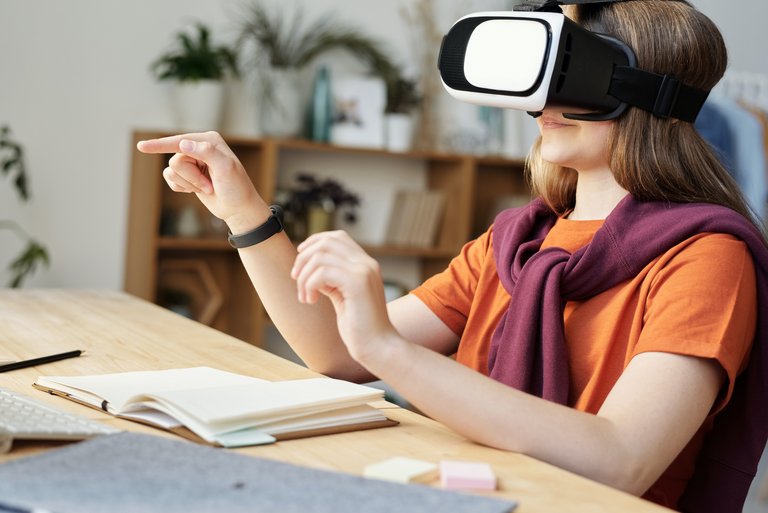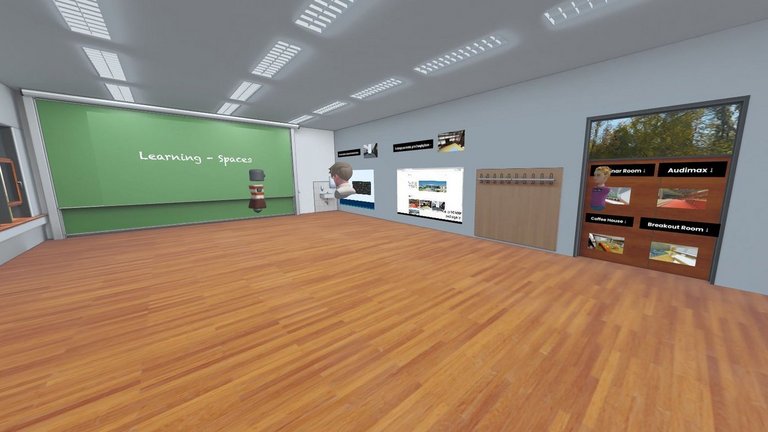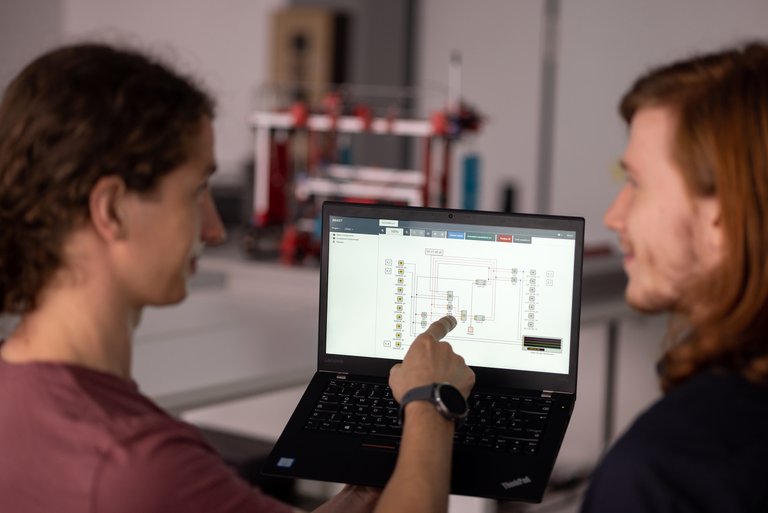On 29th March TU Ilmenau’s Digital Teaching Day took place online and offered a global higher education audience cutting-edge contributions on diverse topics – ranging from virtual teaching spaces, hybrid teaching and ethical aspects of online exams, to gamification, online student collaboration and remote labs, to name only a few. 50 higher education professionals and digitization experts participated continuously from as far afield as Indonesia, China, India, Finland, and Lithuania, besides more local experts, which enabled an extensively transnational perspective and exchange on digitization praxis.





